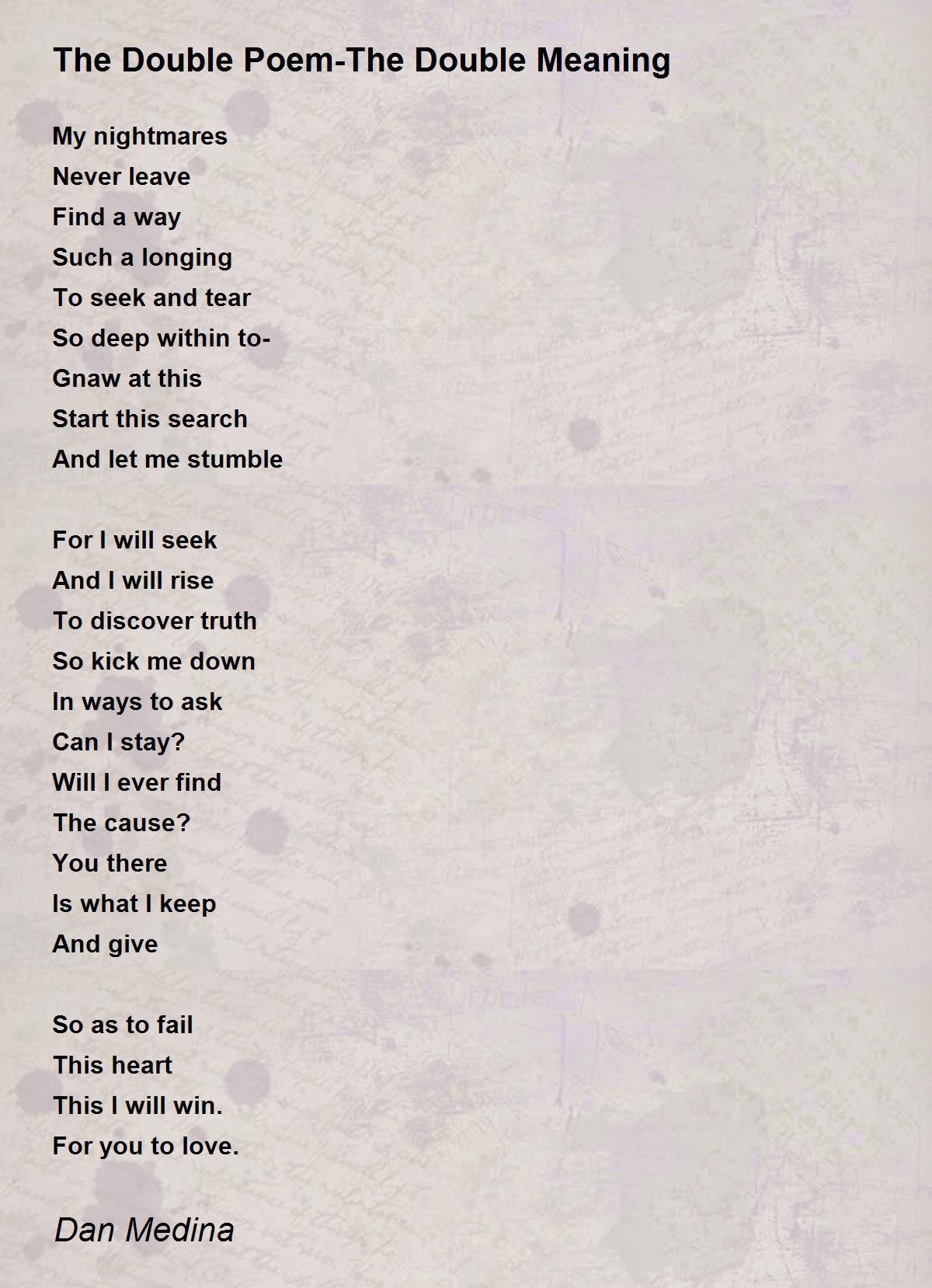Understanding the meaning of poems is like unlocking a treasure chest of emotions, thoughts, and cultural insights. Poetry has been an integral part of human expression for centuries, transcending time and language to convey profound messages. Whether it’s a sonnet, haiku, or free verse, poems encapsulate the essence of human experiences, making them timeless and relatable. The beauty of poetry lies in its ability to evoke deep emotions through carefully chosen words and rhythms.
Poems are not just about rhyming words or rhythmic patterns; they are layered with symbolism, metaphors, and personal reflections. Each poem holds a unique meaning, shaped by the poet's perspective, cultural context, and the era in which it was written. Exploring the meaning of poems allows us to connect with the poet's inner world and understand their perspective on life, love, loss, and everything in between. This connection fosters empathy and broadens our worldview.
For those who seek to delve deeper into the meaning of poems, poetry offers a rich tapestry of interpretation. It encourages readers to engage actively, questioning and reflecting on the layers of meaning embedded within each line. Whether you're a seasoned poetry enthusiast or a beginner, understanding the meaning of poems can be a transformative experience, offering insights into both the human condition and the art of language itself.
Read also:Discovering Amber Lynn Bach Biography Career And Legacy
- What Makes Poems Meaningful?
- Why Should We Explore the Meaning of Poems?
- How Can You Decipher the Meaning of Poems?
- What Role Does Culture Play in the Meaning of Poems?
- Can Poems Have Multiple Meanings?
- Famous Poets and Their Interpretations
- The Impact of Poetry on Modern Literature
- How to Write a Poem with Deeper Meaning
- The Evolution of Poetic Meaning Over Time
- Why Poetry Remains Relevant Today
What Makes Poems Meaningful?
Poems are meaningful because they distill complex emotions and ideas into concise, evocative language. They often use metaphors, similes, and imagery to convey feelings that are difficult to express in everyday speech. The meaning of poems is not always straightforward; it invites readers to interpret and connect with the text on a personal level. This openness to interpretation is what makes poetry so powerful and enduring.
Why Should We Explore the Meaning of Poems?
Exploring the meaning of poems enriches our understanding of language and human emotions. It allows us to step into the shoes of others, experiencing their joys, sorrows, and struggles. Poetry also sharpens our critical thinking skills, as deciphering its meaning often requires us to analyze symbolism and context. By engaging with poems, we cultivate a deeper appreciation for the nuances of communication.
How Can You Decipher the Meaning of Poems?
Deciphering the meaning of poems begins with close reading. Pay attention to the poem's structure, tone, and word choice. Ask yourself: What emotions does the poem evoke? What themes or symbols stand out? By breaking down the elements of the poem, you can uncover its underlying message. Keep in mind that the meaning of poems is subjective, and your interpretation may differ from others.
What Role Does Culture Play in the Meaning of Poems?
Culture profoundly influences the meaning of poems. Poets often draw inspiration from their cultural backgrounds, incorporating traditions, myths, and societal norms into their work. For example, classical Japanese haikus reflect Zen philosophy, while African American spirituals convey themes of resilience and hope. Understanding the cultural context of a poem enhances our appreciation of its meaning.
Can Poems Have Multiple Meanings?
Absolutely! One of the most fascinating aspects of poetry is its ability to hold multiple meanings. A single poem can resonate differently with each reader, depending on their experiences and perspectives. This multiplicity of meaning is what makes poetry so versatile and enduring. The meaning of poems is never static; it evolves with time and interpretation.
Famous Poets and Their Interpretations
Throughout history, poets have used their craft to explore the human condition. Below is a table highlighting some renowned poets and their contributions to the meaning of poems.
Read also:Jennifer Stahl Unveiling The Journey Of A Remarkable Personality
| Name | Birth-Death | Nationality | Notable Works |
|---|---|---|---|
| William Shakespeare | 1564-1616 | English | Sonnets, "Hamlet" |
| Maya Angelou | 1928-2014 | American | "Still I Rise," "I Know Why the Caged Bird Sings" |
| Rabindranath Tagore | 1861-1941 | Indian | "Gitanjali," "The Crescent Moon" |
| Emily Dickinson | 1830-1886 | American | "Because I could not stop for Death," "Hope is the thing with feathers" |
The Impact of Poetry on Modern Literature
Poetry has significantly influenced modern literature, shaping genres like novels, essays, and even screenplays. Its emphasis on concise language and vivid imagery has inspired writers to experiment with form and style. The meaning of poems continues to resonate in contemporary works, proving that poetry remains a vital part of literary expression.
How to Write a Poem with Deeper Meaning
Writing a meaningful poem requires introspection and creativity. Here are some tips to help you craft a poem with depth:
- Choose a theme or emotion that resonates with you.
- Use sensory details to create vivid imagery.
- Experiment with metaphors and symbolism to add layers of meaning.
- Revise your work to ensure clarity and impact.
By focusing on these elements, you can create a poem that invites readers to explore its meaning.
The Evolution of Poetic Meaning Over Time
The meaning of poems has evolved alongside societal changes. From the epic tales of ancient civilizations to the confessional poetry of the 20th century, each era has brought new perspectives and styles. This evolution reflects the ever-changing human experience, making poetry a dynamic and relevant art form.
Why Poetry Remains Relevant Today
In today's fast-paced world, poetry offers a moment of reflection and introspection. It provides a space to process emotions, challenge societal norms, and celebrate beauty. The meaning of poems continues to inspire and connect people across generations, proving that poetry is more than just words—it's a universal language of the heart.

